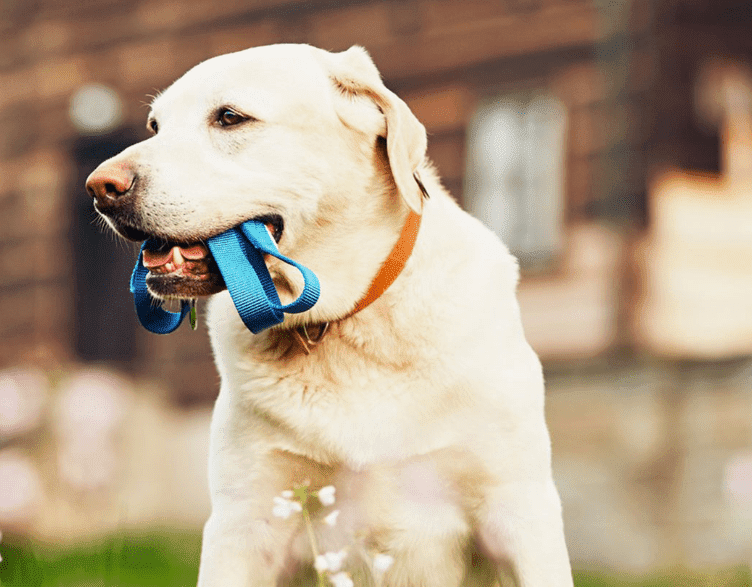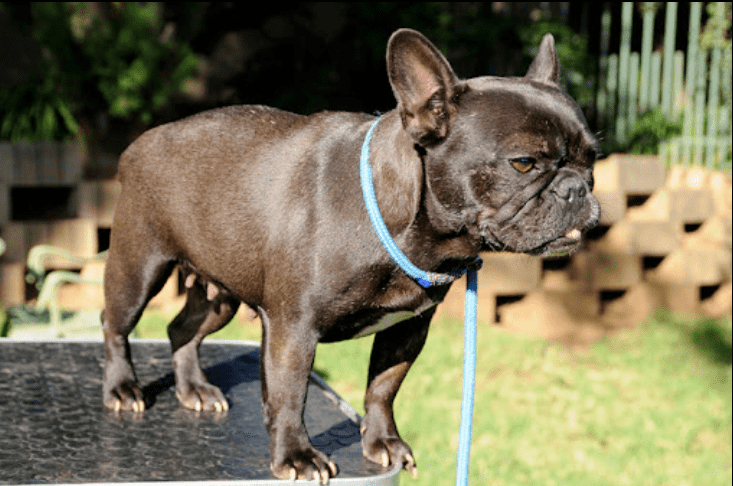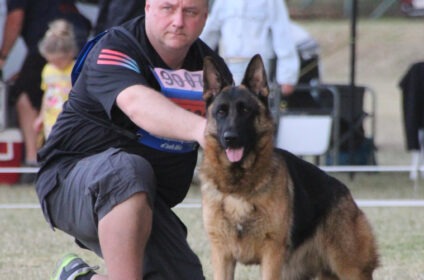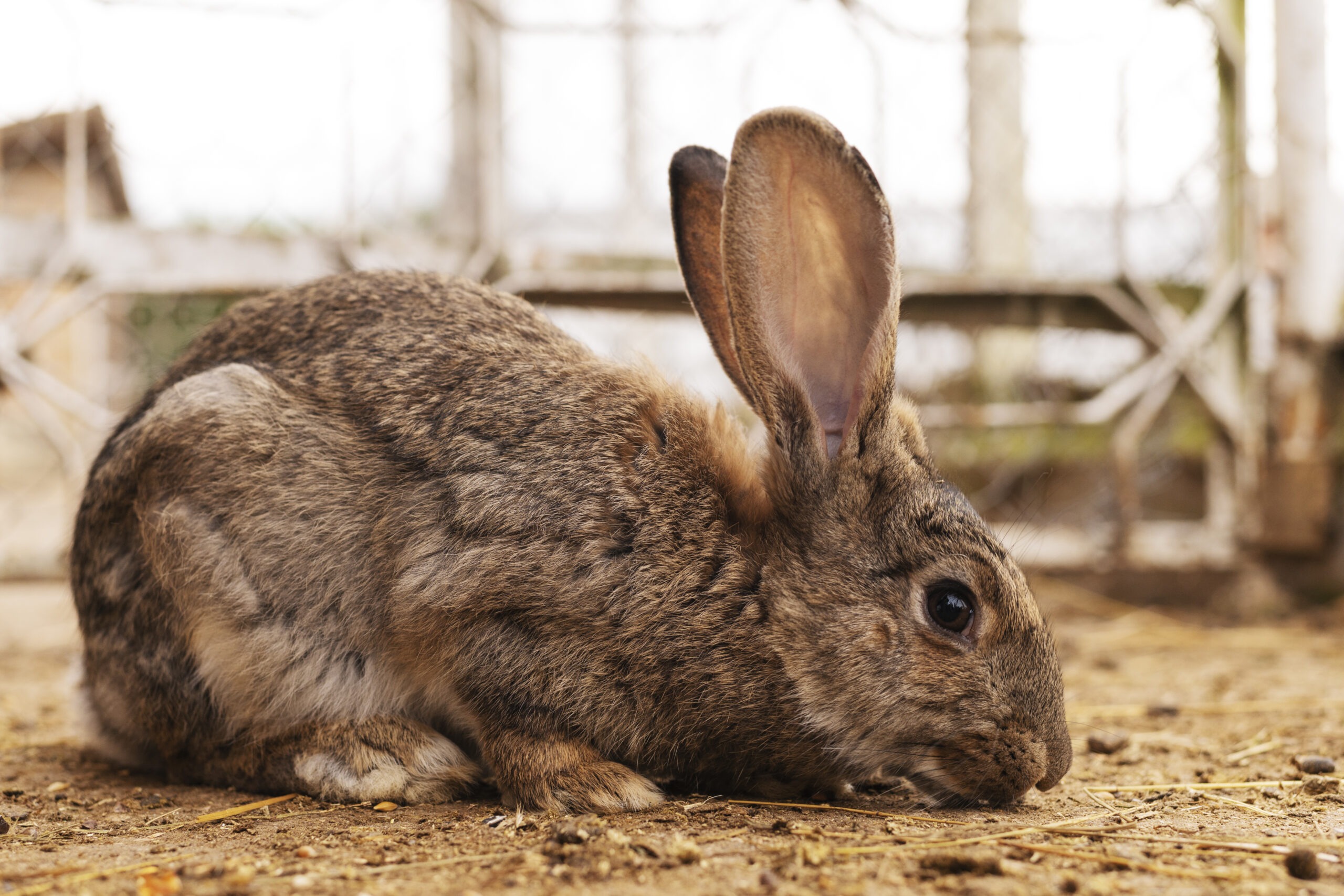Food allergies in dogs are a common concern that can lead to various health issues. This article discusses how to identify food allergies in your dog and manage their diet accordingly.
Food allergies in dogs can be a challenging and often misunderstood issue. Just like humans, dogs can develop allergies to certain ingredients in their food, leading to a range of uncomfortable symptoms. Identifying and managing these allergies is essential for your dog’s health and well-being.
Common signs of food allergies in dogs include itching, gastrointestinal upset, ear infections, and skin problems. To pinpoint the culprit, consider conducting a food trial. This involves feeding your dog a novel protein and carbohydrate source they haven’t consumed before, such as duck and sweet potatoes. If the symptoms improve during this trial, you may have identified the allergen.
Once you’ve identified the allergen, it’s crucial to avoid it in your dog’s diet. This might involve switching to commercial dog food formulated for dogs with food sensitivities or preparing homemade meals with safe ingredients.
Remember to consult with your veterinarian when dealing with food allergies. They can provide guidance on conducting a food trial, recommend suitable diets, and address any other health concerns related to allergies.
Managing food allergies in your dog requires vigilance and a commitment to providing them with a diet that keeps them healthy and comfortable. With the right approach, you can ensure that your furry friend enjoys a happier and itch-free life.



















